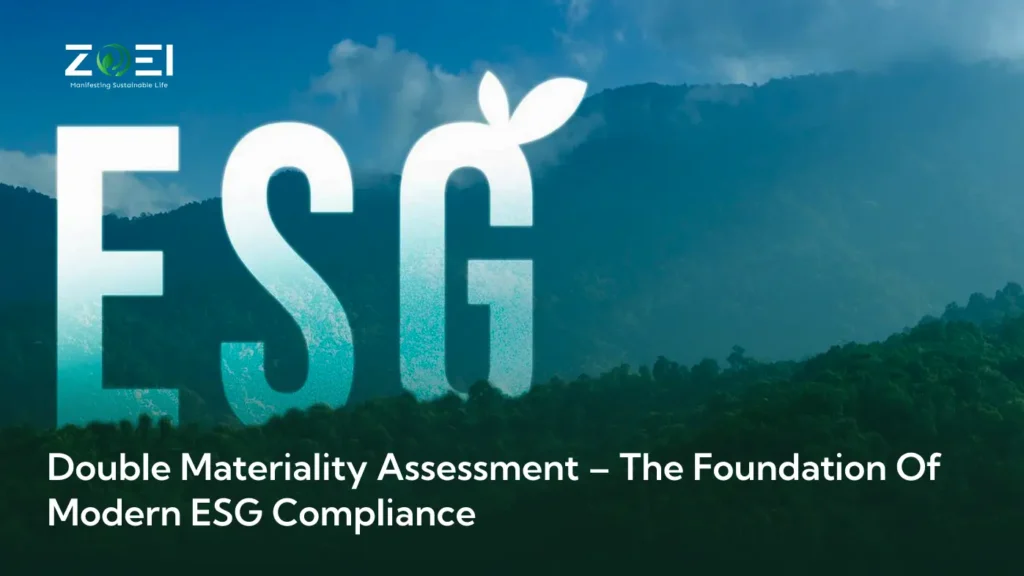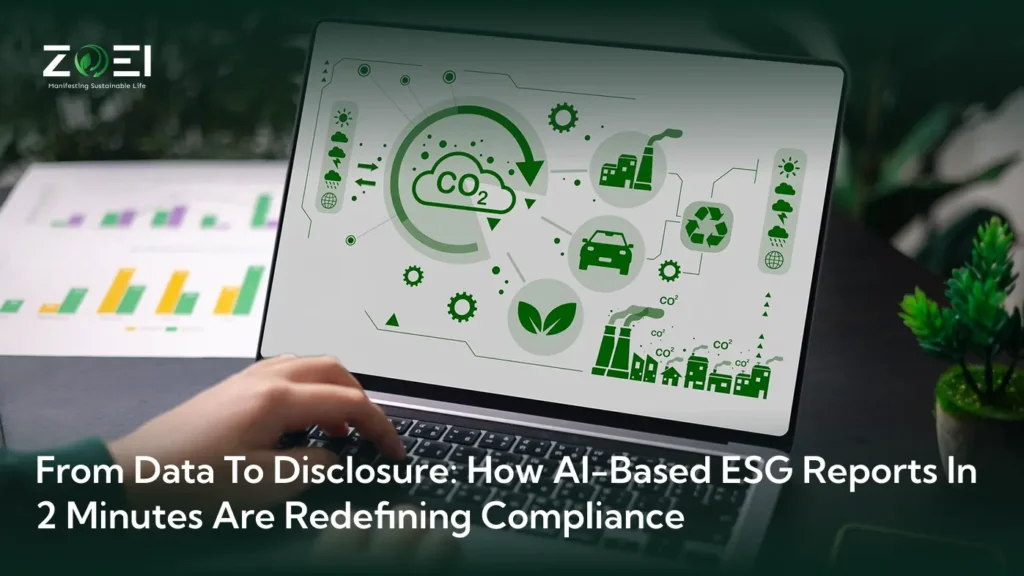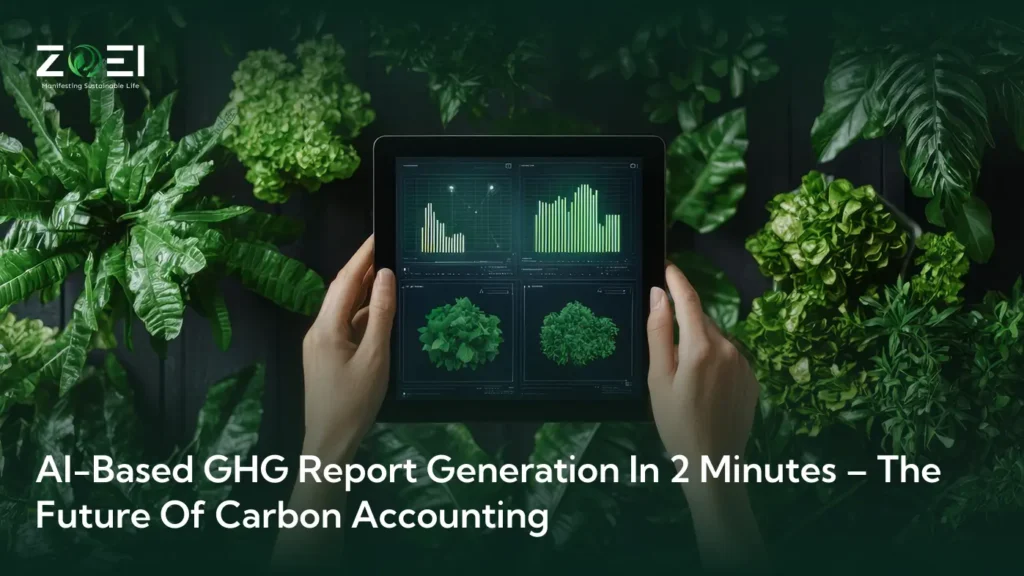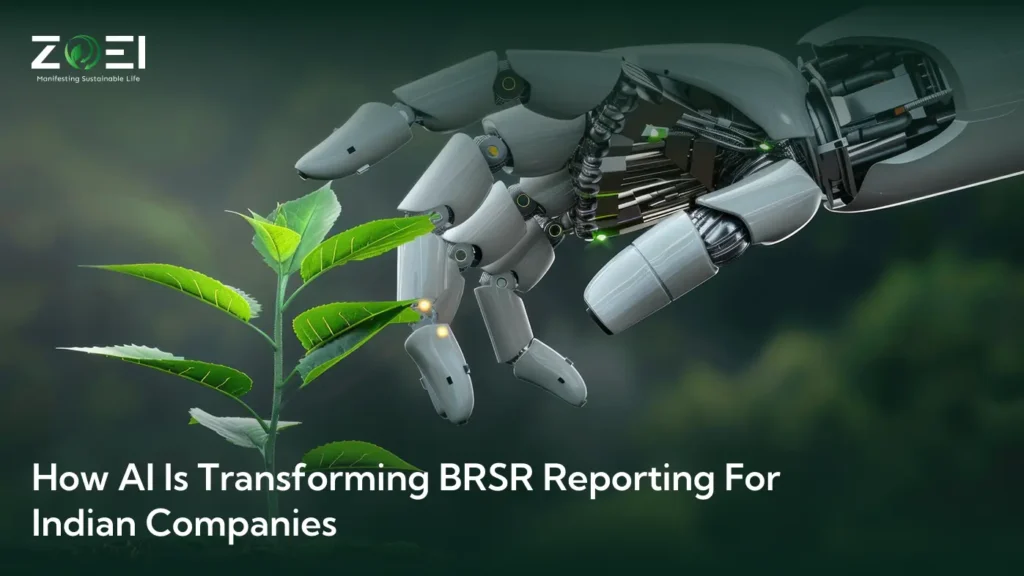Sustainability is no longer a side conversation—it’s front and center in how businesses operate, grow, and connect with the world. And at the heart of this shift is the Corporate Sustainability Reporting Directive (CSRD)—a game-changer that’s reshaping how companies talk about their impact.
But what makes CSRD the defining force of the next era in sustainability reporting? Let’s break it down.
From Nice-to-Have to Must-Have
In the past, sustainability reporting was often voluntary. Some companies published glossy reports full of big promises and feel-good stories. Others skipped it entirely. There was no consistent way to measure progress or compare companies.
The CSRD changes all that.
It makes sustainability reporting mandatory, standardized, and far more detailed. It’s no longer about who wants to share—it’s about who needs to, and how accurately they do it. This marks a powerful shift from optional storytelling to required transparency.
What’s Different About the CSRD?
Here’s what sets the CSRD apart from older frameworks like the Non-Financial Reporting Directive (NFRD):
- More companies are included: Instead of applying to a select few, the CSRD will cover nearly 50,000 companies across the EU, and even some non-EU companies with operations in the region.
- Standardized reporting with ESRS: Companies must use the European Sustainability Reporting Standards (ESRS), ensuring consistency, clarity, and comparability across industries and borders.
- Third-party assurance: No more self-reported claims without verification. Sustainability data will need to be independently audited—just like financial statements.
- Double materiality: It’s not just about how the environment affects the business; it’s also about how the business affects the environment and society. That’s a huge step forward in holistic thinking.
A New Era of Corporate Responsibility
With the CSRD, we’re entering a time when sustainability isn’t just a marketing strategy—it’s a core part of doing business.
Companies will be required to share detailed insights on things like:
- Greenhouse gas emissions and climate goals
- Gender and diversity metrics
- Supply chain practices and human rights
- Social impacts and community engagement
This isn’t just about compliance—it’s about earning trust. Customers, investors, regulators, and employees all want to know the companies they support are taking real, measurable action.
India’s Role: The Rise of ESG Reporting Software in India
While the CSRD is an EU regulation, its influence extends far beyond Europe. Many Indian companies—especially those doing business in the EU or attracting international investors—are now gearing up to align with CSRD requirements.
This shift has accelerated the demand for ESG reporting software in India. These tools help companies track, manage, and report on sustainability metrics in line with global standards like ESRS and GRI. Whether it’s measuring carbon footprints, automating disclosures, or ensuring audit-ready data, ESG platforms are becoming essential for forward-thinking businesses in India.
By investing in robust ESG reporting software, Indian companies are not just complying—they’re stepping onto the global stage with credibility and confidence.
What Businesses Should Be Doing Now
If you’re part of a company that will be impacted by the CSRD—or want to stay ahead of the curve—now’s the time to:
- Assess your readiness: Do you have the systems in place to collect and analyze ESG data?
- Explore ESG reporting software: Especially for Indian businesses, finding the right ESG reporting software in India can streamline compliance and reporting.
- Engage with leadership: Sustainability is now a boardroom issue. It needs executive support.
- Invest in transparency: The more honest and open your reporting, the more trust you’ll build.
The companies that act early and take this seriously won’t just stay compliant—they’ll become leaders in a more sustainable economy.
Final Thoughts
The CSRD isn’t just another regulation. It’s a reflection of where the world is heading: toward more accountability, responsibility, and sustainability in business.
This is the beginning of a new era—one where success isn’t measured only in profit, but in purpose. And whether you’re a global brand or a growing company in India, embracing tools like ESG reporting software is the smart step toward that future.
So, the next time you hear “CSRD,” don’t think of it as just another compliance task. Think of it as a roadmap to becoming the kind of company the future demands.






